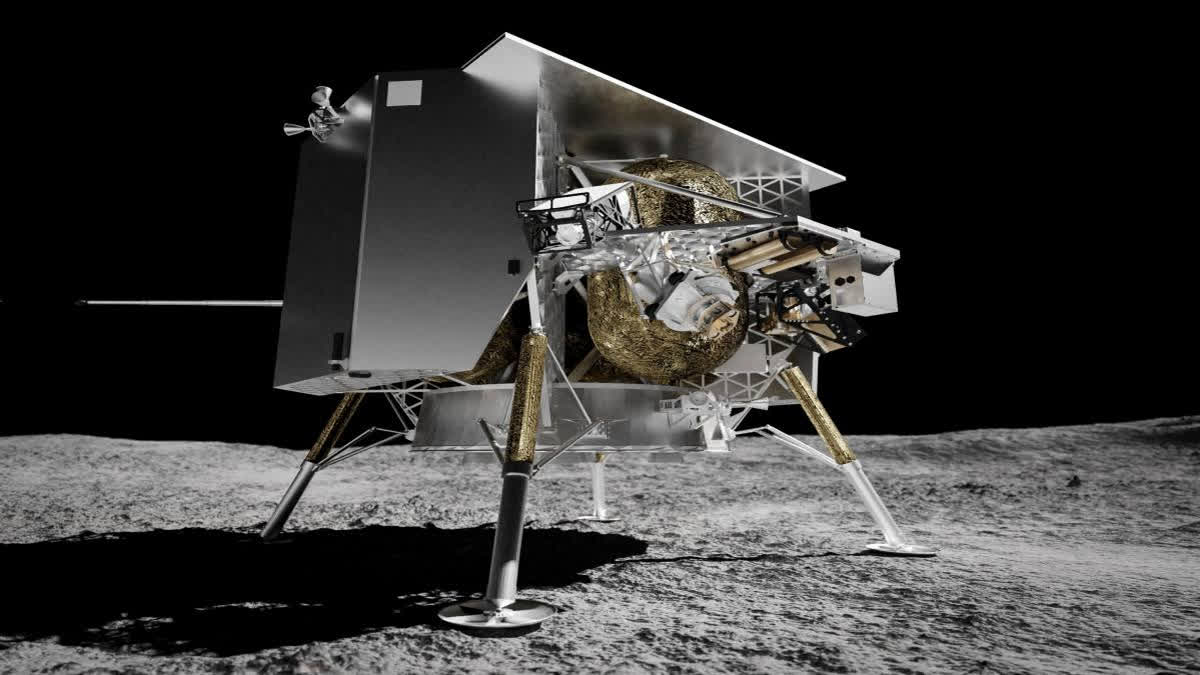Cape Canaveral: A crippling fuel leak forced a U.S. company on Tuesday to give up on landing a spacecraft on the moon. Astrobotic Technology's lander began losing fuel soon after Monday's launch, possibly because of a ruptured tank. The spacecraft had trouble keeping its solar panel pointed towards the sun and generating solar power, as flight controllers scrambled to salvage what they could of the mission.
"Given the propellant leak, there is, unfortunately, no chance of a soft landing on the moon," Astrobotic said in a statement. Astrobotic had been targeting a lunar landing on Feb. 23, following a roundabout, fuel-efficient flight to the moon. It could have been the first U.S. moon landing in more than 50 years, and the first by a private company. A second lander from a Houston company is due to launch next month.
Only four countries have pulled off a successful moon landing. Pittsburgh-based Astrobotic said the new goal was to keep the lander operating as long as possible in space, in order to avoid a similar problem on its next mission a year or so from now. Flight controllers managed to keep the spacecraft pointed toward the sun and its battery fully charged, with another 40 hours of operations anticipated.
The company said a stuck valve may have caused high-pressure helium to flood an oxidizer tank, causing it to burst just hours into the flight. A formal review board comprised of industry experts will determine the cause.
There is no indication that United Launch Alliance's new Vulcan rocket, which launched the lander, contributed to the problem, the company added. NASA paid Astrobotic $108 million to fly its experiments to the moon on this mission, part of the agency's commercial lunar program.
Read More



